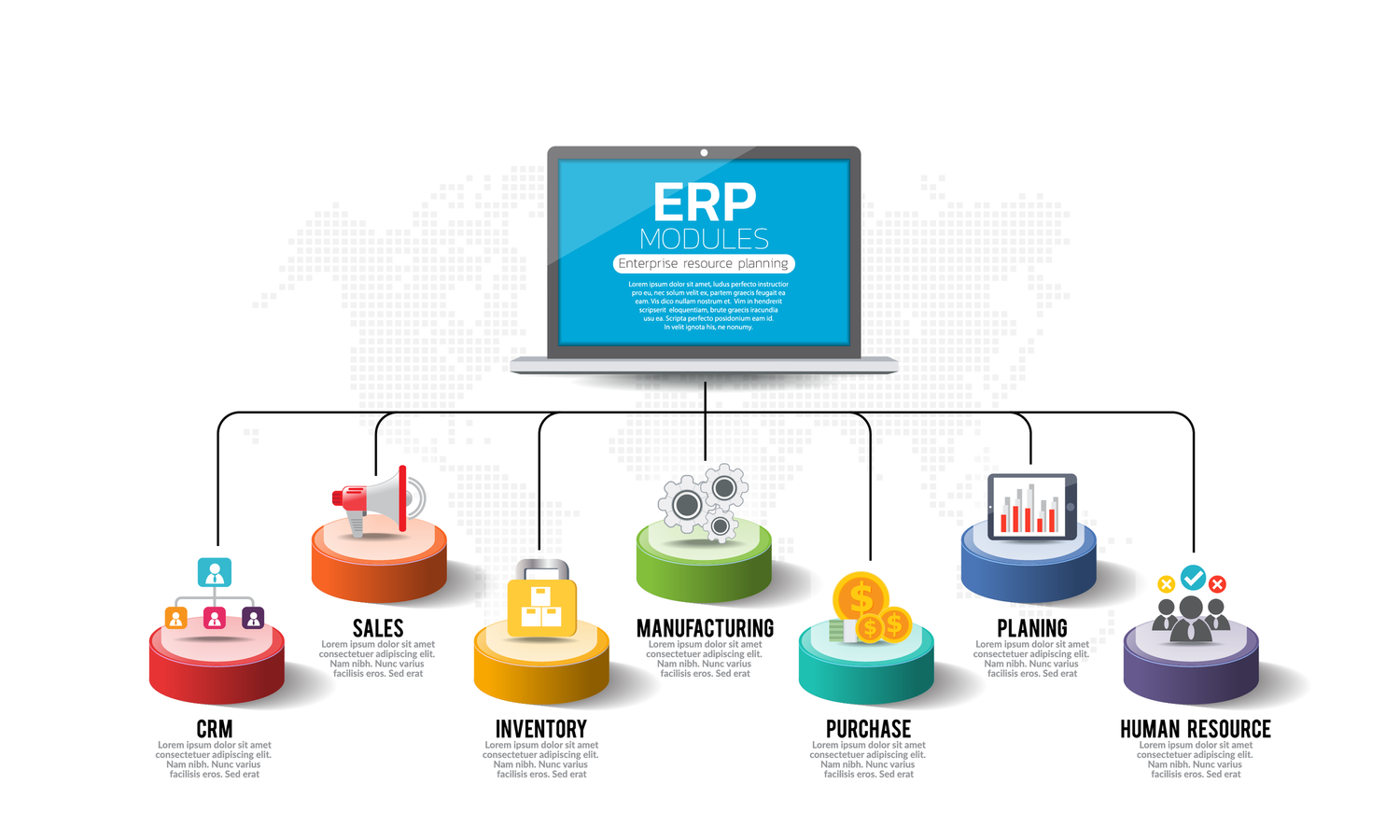· 4 min read
You May Not Expense Your Inventory
Uncover the truth about inventory tax deductions for small businesses, IRS regulations, and compliant accounting practices.

On a recent call with a small business owner who was looking for a Fractional CFO, the business owner proudly said that she had avoided nearly $100,000 in taxes by deducting her inventory as an expense at the time of purchase rather than booking it as an asset. If she had booked the inventory as an asset (sometimes called capitalization), that would have raised the business’ taxable income, since the expense deduction would not have been taken. The business was in California, where federal and state taxes amount to nearly 30%. Understandably, $100,000 is a lot for any small business. Since she was interviewing me as a potential CFO, she wanted my reaction to this important question for her business.
My initial reaction was that inventory needs to be listed in the accounting system as a capital asset to understand how the business is performing. See my blog article on this. Expensing the inventory would make it next to impossible to know what your gross margin is, except perhaps over a long period of time.
I also felt that the IRS would object to companies expensing their inventory to avoid taxes. The prospective customer said that she had consulted with several CPAs and tax attorneys and that she was OK because her revenue was well under $25 million per year.
Needless to say, she didn’t hire me. Let’s dig into who was right.
For those wanting to hear it straight from the IRS, here is the regulation. It is rather long, but detailed in its reasoning. For those wanting a digestible bottom-line version written by respected tax attorneys, this article from Eide Bailly is a laser beam of clarity. I couldn’t possibly do a better job of explaining it than Eide Bailly did, so I will summarize.
Small business owners are those with revenues under $25 million per year. If you want to deduct your entire physical inventory, the only option is the third column in Eide Bailly’s article, called Non-AFS Section 471(c). This applies to companies that do not provide Audited Financial Statements (AFS) to government agencies. In this case, small businesses may deduct the entire value of their inventory if their internal accounting system does not treat the inventory as a capital asset. In other words, you may not treat your inventory as a capital asset in your accounting system and simultaneously tell the IRS the opposite. Alternatively,
A taxpayer wanting to deduct the cost of inventory when purchased would need to stop tracking the inventory on their books and records and could not reflect inventory on their balance sheet, general ledger, trial balance, tax return or other accounting report. — Eide Bailly
I have discussed this issue with some CPAs and CFOs, even some who hold both titles. Some felt that it was OK to maintain inventory on your books as a capital asset and yet deduct the inventory at the time of purchase as an expense. This is not permitted for businesses that are carrying their inventory in their accounting systems as a capital asset for resale, which I hope you are.
On the other hand, some very small businesses lack an accountant and don’t know how to carry inventory as an asset on their books. They simply link QuickBooks to their bank account. All deposits are classified as sales, and all charges are classified as expenses. In this case, the business is fully compliant with the regulations. Since they are not valuing inventory on their books, they are permitted to expense their inventory. I have one such client.
However, if you are reading this article, my guess is that you are aware of how to carry inventory on your books, and the benefits of doing so. Hence the title of this article.
Please note that this issue is separate from the issue of cash accounting versus accrual accounting, which is also a small-business accounting option. We will treat that issue in a future blog article.
Non-compliant businesses need to take remedial action and pay their taxes (over time) as Eide Bailly discusses at the end of their lucid article.



